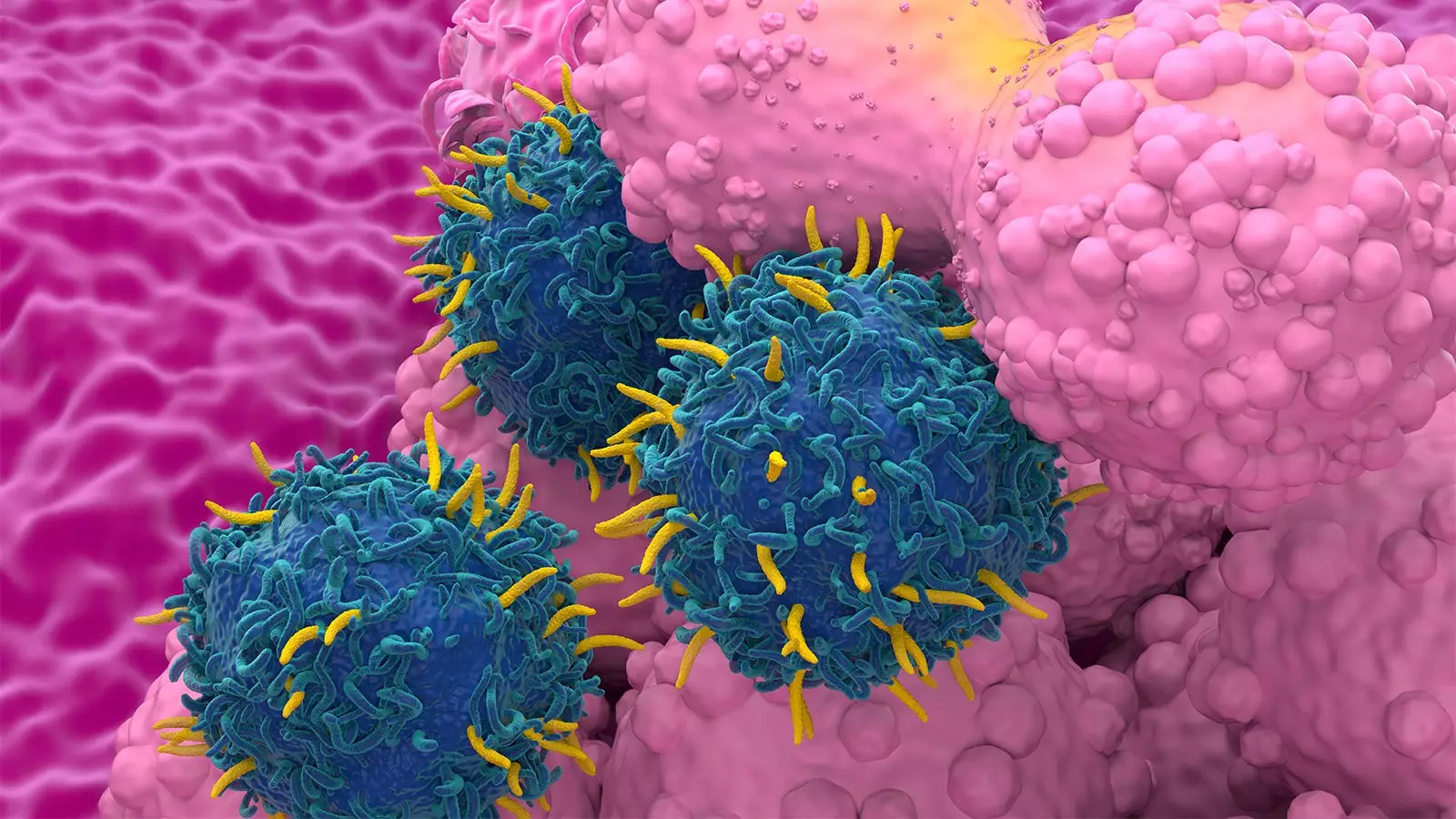CAR T-cell therapy has emerged as a groundbreaking treatment modality for various cancers, showing promising results in clinical trials. However, recent concerns have been raised regarding the potential risk of developing second primary malignancies (SPM) associated with this therapy. A systematic literature review and meta-analysis aimed to address this issue and provide insights into the safety profile of CAR T-cell therapy in comparison to standard-of-care cancer treatments.
The analysis, involving 5,517 patients with a median follow-up of 21.7 months, revealed a 5.8% rate of SPM among the study cohort. Interestingly, the rate of SPM did not significantly differ based on the type of disease treated or the specific CAR T-cell product used. Factors such as study setting, duration of follow-up, and the number of therapies received prior to CAR-T treatment were identified as potential indicators of a higher risk of developing SPM.
Furthermore, a comparative analysis of four clinical trials demonstrated nearly identical rates of SPM between patients receiving CAR T-cell therapy and those undergoing standard-of-care treatments (5.0% vs 4.9%). These findings challenge the notion of an increased risk associated with CAR T-cell therapy and warrant a reevaluation of the black-box warning issued by the FDA.
The emergence of reports highlighting SPMs in CAR T-cell therapy recipients sparked concerns among researchers and regulatory authorities. However, it is essential to consider potential biases in adverse event reporting systems and account for confounding variables when assessing the true risk of developing SPMs. Factors such as patient age, initial diagnosis, and treatment history should be carefully evaluated to provide a comprehensive understanding of the safety profile of CAR T-cell therapy.
The study underscores the importance of gathering long-term data to unravel the underlying factors contributing to SPMs in CAR T-cell therapy recipients. Clinicians must communicate the potential risks associated with this treatment modality to patients while interpreting the data cautiously and offering context to facilitate informed decision-making. As patients live longer due to the efficacy of CAR T-cell therapy, survivorship considerations become increasingly significant in the management of cancer care.
The analysis sheds light on the risk of developing SPMs in patients undergoing CAR T-cell therapy and dispels some concerns regarding an elevated risk compared to standard treatments. By critically evaluating the available data and addressing gaps in understanding, healthcare providers can better guide patients through the complexities of cancer treatment choices. Further research and vigilance are required to ensure the safety and efficacy of CAR T-cell therapy in the evolving landscape of cancer care.

Leave a Reply